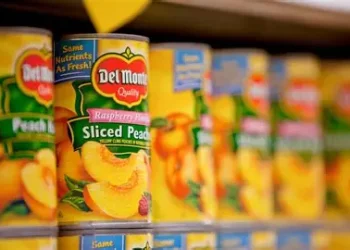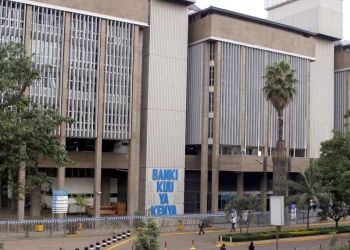The Kenya Bureau of Standards (KEBS) has come up with an initiative to ensure import and export of goods is flawlessly carried out the country’s trade and economy following the current temporary absence of contracted Pre-Export Verification of Conformity to Standards (PVoC) partners. The initiative hinged on refined import procedures is primed to uphold the ease of doing business by ensuring that imported goods are
cleared in the fastest way possible upon arrival at the country’s ports.
Over the years, KEBS has striven to ensure that importers carry out their business with the least inconvenience, while observing the legal instruments put together to ensure trade is beneficial to the public and the businesses trying to make a profit.
To that end, KEBS created some import procedures that would ensure that even as traders observe Kenyan quality standards, there still would be minimal delays of clearance of goods at the ports of entry.
Read; Standard Chartered Invests Ksh96.9M To Up-scale Employability Skills Program For The Youth
The procedure commonly referred to as Destination Inspection (DI) is an inspection process carried out when goods arrive at Ports of Entry to the importing country (Kenya) without a certificate of conformity (CoC) as is the case under the PVoC program. It involves document verification, physical inspection and laboratory testing of products at the port of entry for example; the port of Mombasa or at Jomo Kenyatta International Airport.
While creating awareness about the Destination Inspection initiative, Lt. Col. (rtd.) Benard Njiraini, KEBS managing director asserted that the Bureau sensitization comes on the wake of its recently released public notice notifying importers and the general public of the end of the contracts of the PVOC partners and the approved alternative of using Destination Inspection (DI), which traders have been keen to comprehend about its procedures,.
“KEBS has used Pre-Export Verification of Conformity to Standards (PVoC) since 2005. The process of contracting new PVoC partners has gone on smoothly and is just awaiting statutory timelines before signing hence the use of DI in the interim,”Njiraini said.
Read: TechnoServe Strengthening African Processors Of Fortified Foods
PVOC, unlike DI, is a conformity assessment program applied to products at the respective exporting countries, to ensure their compliance with the applicable Kenya Technical Regulations and Mandatory Standards or approved specifications. This means goods are assessed at their country of origin.
“PVOC program was started on 15 July 2005 by KEBS, through the publication of Legal Notice No. 78 by the Minister for Industry, Trade and Cooperatives,” said said Lt. Col. (rtd.) Njiraini.
However, in a quest to address some of the challenges on the PVOC program that border on delays in inspection and certification of imported goods in the country of export, primarily resulting from the increased number of products subjected to PVOC, KEBS is now strengthening Direct Inspection to ensure faster clearance of goods making it easier to do business in Kenya. said Lt. Col. (rtd.) Njiraini.
“Others are abdication of the importers on their role of importation of quality products, hindrance in the growth of local quality infrastructure (our testing capability and capacity will only grow if there is need for testing) as well as export of job opportunities and revenues (local inspection promotes growth in quality infrastructure thereby creating job opportunities for our people).”
Read: Kakuzi Packhouse And Orchards Bag China Export Approval Seal From KEPHIS
Under the DI program, goods with Certificate of Conformity (COCs) are given first priority in the clearance process. However, re-inspection may be undertaken at KEBS discretion.
“Goods without COC are subjected to a full physical inspection. The importer is charged destination fees of 5% of the approved customs value. Samples are taken to the laboratory to determine quality requirements. A KEBS Local COC is issued for those goods meeting the standard requirements. Those goods tested and not meeting the standard requirements, are re-shipped or destroyed at the owners’ cost,” said Lt. Col. (rtd.) Njiraini.
In order to build a strong economy and a better country, these processes by KEBS are imperative as Kenya looks to have a robust import-export platform.
Read: KEBS Approves New Standards For Steel And Steel Products


















